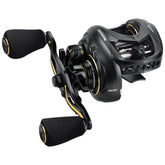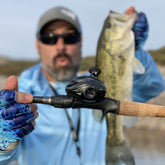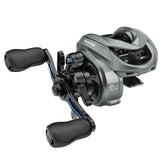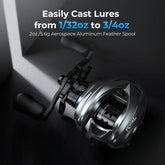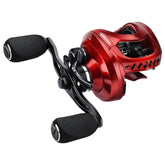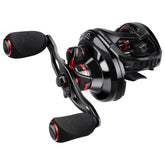
How to Pick Good Fishing Pole Length and Action
Picking the perfect fishing rod can be a very daunting task with so many options available to you. Many rods available on the market can be fished for pretty much all species, reasonably. Without trying to test the extremes like fishing up bluefin tuna on trout rod, your next fishing pole will do it's job but just maybe not as efficient as it could be if you were to choose specifications that fit your application. Don’t you worry though I will try and go over the very basics and features of fishing rods here.
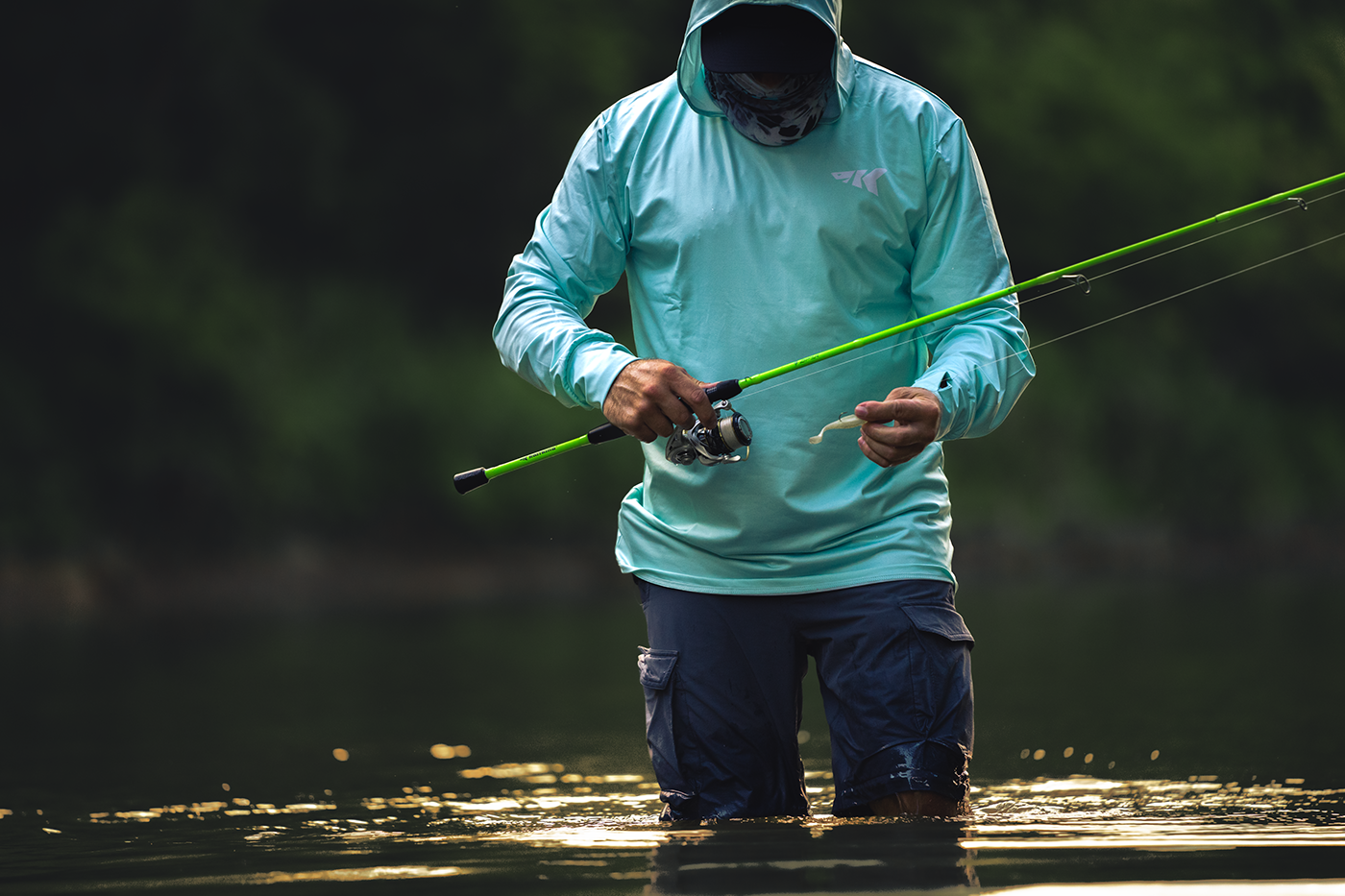
Pole Action
When looking at a rod you will most often find some standard pieces of information on them. I personally keep away from the descriptions of Light, Ultra light, Medium, etc when reviewing the action on a rod. I know this might be a bit shocking but I have seen time and time again where there are differences from manufacturers on what they rate their rods. I normally use the line rating of rods in combination with the weight that you will see at the bottom of rods to determine what the rod is made for. Many of these terms may seem complex but you would be surprised just how easy they are to interpret. When you see a line rating such as 2-6lbs what you are normally looking at, unless otherwise noted is the lbs test of monofilament that the rod is best used with. If you are planning on using braid with the rod, the rating is generally 20% of what can be used. So for 2lbs mono, you can use 10lbs braid. This is a general conversion but it gives you an estimate. Seeing a weight range like 1/16 - ¼ oz will just mean that the rod is best suited to be using that weight. As simple as that! These are recommendations for the rod, they are not absolutes but like anything, take caution if you stray from the ranges specified or you may risk breaking the rod.
Pole Length
The length of a rod is one of the most very basic attributes you will find yourself faced with in picking your new rod. To keep things simple, consider that the longer a rod is the more force you will have at the tip to cast. More force will mean more distance. So one of the most obvious features of a longer rod is that you will get further casting with all other variables such as the mass of your weight and power you will impart with your arms when casting. In some cases such as ice fishing, it is just inconvenient to use a long rod since you normally fish using a drop down rig and don't actually cast. Further to that, you want to be as close to the drilled hole as you can to assure you can react and fit into a tent/hut if you are using one. Length can also play a part in the action a rod has. We will discuss the action of a rod in just a bit but generally the longer the rod, the more action you will have and thus sensitivity you will feel for bites.







